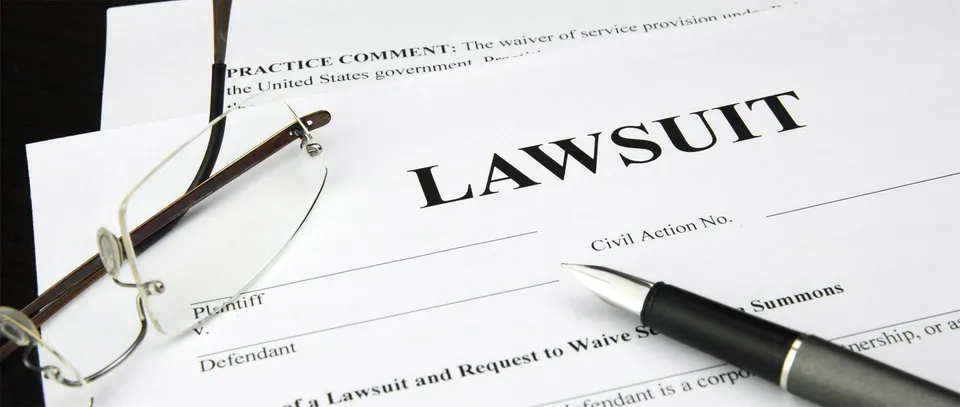Stages of a Personal Injury Case
- May 11, 2017 @ 6:25 pm
- Written by admingil
- Categories: Legal Advice | Personal Injury

Every case has many different aspects to it, but the basic stages of a personal injury case usually remain consistent. At John Bales Attorneys, we work together to achieve the proper result. If you ever have any questions regarding the development of your case, you should contact your attorney or client manager, who can schedule a telephone conference with your attorney. To give a basic understanding of how a case may progress, read about the five stages below:
1. Pre-Litigation/Pretrial Stage.
This stage forms the foundation of the litigation process. It is here where attorneys engage with you, the client, in order to get a general idea of the case. This stage includes conferences and motions. The meetings are held before the trial judge or a magistrate, or a judicial officer who possesses fewer judicial powers than a judge. Any party to a case can request for a pretrial conference, or it may be ordered by the court. A pretrial conference may be conducted for expedite disposition of the case, to help the court establish managerial control over the case, to discourage wasteful pretrial activities, to improve the quality of the trial with thorough preparation, and to facilitate a settlement of the case.
2. Demand-Settlement Negotiations Stage.
At this stage, attorneys on both sides of the matter will negotiate to attempt to come to a common agreement between their clients. If this negotiation is successful, both sides can avoid going to trail.
3. Litigation/Trial Stage.
This stage is where the attorneys present evidence and argue in front of a jury. The trial is held before a judge alone unless the legislation in your province allows for a jury to be requested by one of the parties. Each party presents its case, the plaintiff first, then the defendants all together or each in turn. Witnesses may be called or subpoenaed as well to give evidence on facts. Witnesses of the plaintiff give testimony to the plaintiff’s lawyer, and are then cross-examined by the defense; and vice versa for witnesses of the defense.
4. Settlement-Closing Stage.
At this stage, parties can settle on an agreement any time before judgment is delivered. If the parties allow the decision to go to the judge or jury, then they will make their final arguments during this stage.
5. Appeal and Post-Judgment Motions Stage.
At this stage, attorneys may appeal a negative judgment or make a motion for a new trail.
If you would like to get consultation about a case, please contact us today. Contact John Bales for help.
